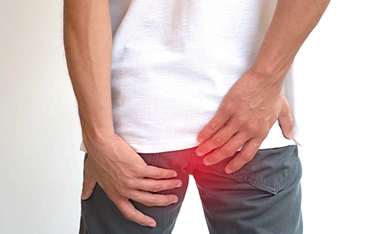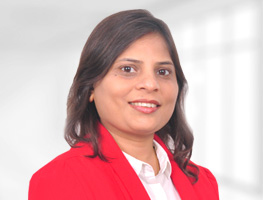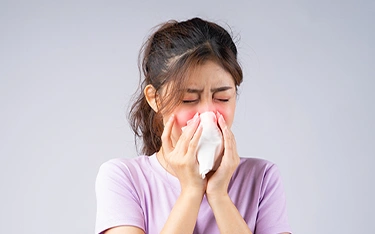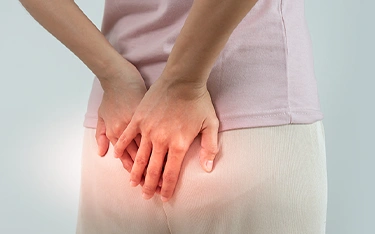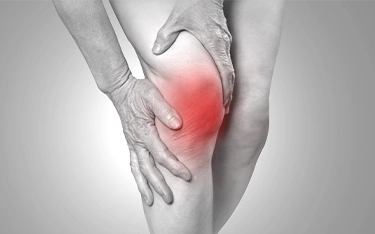FAQs
Piles mainly develop due to increased pressure on rectal veins from straining during bowel movements, chronic constipation, obesity, or sitting for long hours. This pressure leads to swelling and inflammation of the veins, causing pain, itching, and discomfort.
In males, piles often result from gym-related heavy lifting, prolonged sitting, poor dietary habits, and low water intake. These factors cause repeated strain on rectal veins, leading to swelling and making men more prone to developing hemorrhoids over time.
Yes. Piles can heal naturally in many cases with lifestyle changes, high-fibre diets, and treatments like homeopathy. Homeopathy helps treat the root cause, reduce pain and swelling, and prevent recurrence, eliminating the need for invasive procedures in most cases.
Piles often recur due to untreated constipation, lack of dietary fibre, dehydration, and ignoring early warning signs. Long sitting hours and not addressing the root cause also contribute to frequent flare-ups, making long-term lifestyle management essential.
Yes. Stress can worsen piles by triggering poor bowel habits, such as delaying toilet visits or causing constipation. Stress-related unhealthy eating patterns also contribute to irritation and swelling of rectal veins, aggravating piles symptoms over time.
